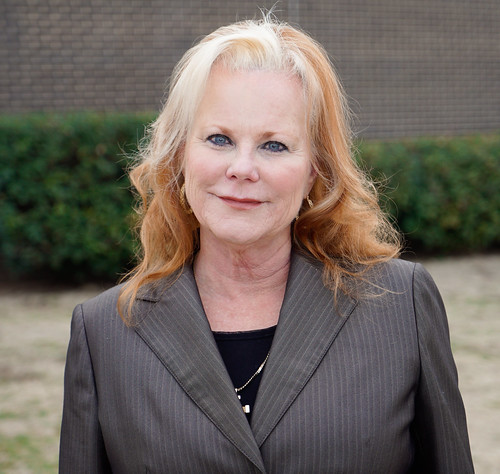
Since 2011, Julie Carr and her husband Robert slowly watched everything they worked for dry up and wither away.
Julie calls those days lemonade days — long stretches of hardship where life is throwing nothing but lemons and by the end of the day she has made lemonade. But those days were anything but sweet.
“We literally started with nothing,” said Julie, recalling how she and Robert left Texas 30 years ago and moved to Oklahoma just to buy a ranch. “We built this [business] cow by cow and calf by calf.”
They started with 80 acres and built up to nearly 600 acres of pasture with 130 cows. Then disaster struck.
One of the worst droughts to hit Oklahoma had rested on the Carr Family ranch and most of the Southern and Midwestern parts of the United States. With no wells and relying solely on surface water, the Carrs were hit hard. They started selling off their aged cows first, hoping the drought would end. But when they saw there was no end in sight, they made more drastic decisions.
“We had to decide which cow to take to sale and which one to sacrifice in order to save another,” said Julie. “We got to the point of praying for rain. When you see pastures turning into nothing and there is nothing you can do, you are helpless.”
There was still some income flowing from Julie’s consulting business. But the bad continued to get worse.
Last year, Robert was diagnosed with lung cancer, causing Julie to quit her full-time job and shut down her business to care for her husband and the ranch.
They sold off 60 percent of their herd and their pasture was trashed. “But we had a prairie mentality. Even though we didn’t have the money, we would persevere,” said Julie.
One day, she took a trip to the Hughes County Farm Service Agency. “The timing was unique and special. I often check in with the FSA office, but I thought I was going in to give a report of my hay yields,” she said.
She was told that with the passing of the 2014 Farm Bill, she qualified for disaster assistance through the Livestock Forage Program. The program provides disaster assistance to producers who suffered through snowstorms, tornadoes, drought and other natural disasters and were forced to liquidate herds and sell land to make ends meet.
“I went in to sign the papers and I was told the funds would be deposited into my account. I started to cry,” said Julie. “That was everything. It enabled us to keep going and rebuild.”
They are now in the rebuilding stage and have purchased cows, sprayed the pasture to help it grow back and hired a worker to help Julie run the ranch.
“There was a crisis and the rural communities were crying in the dark for people to listen. Someone finally heard. They [Congress] got it.”

